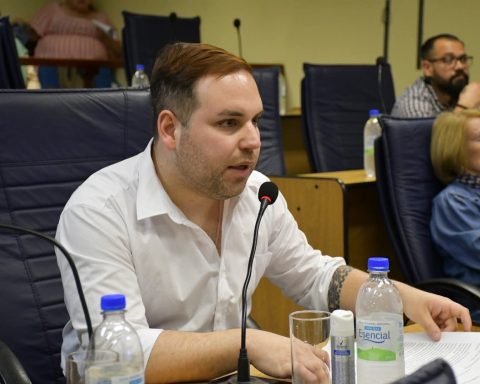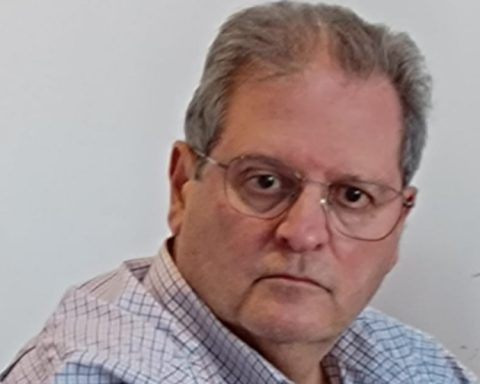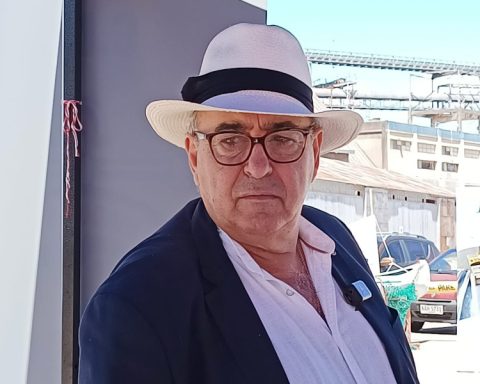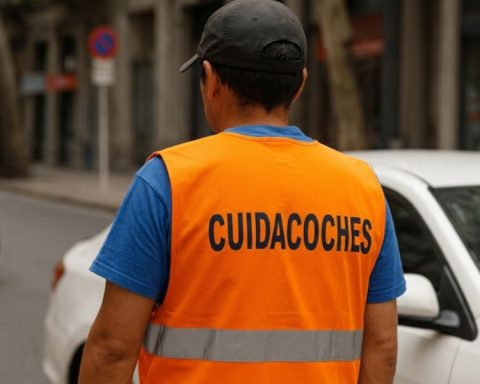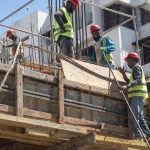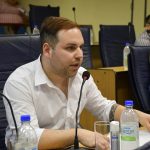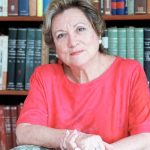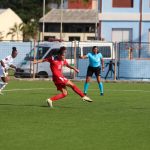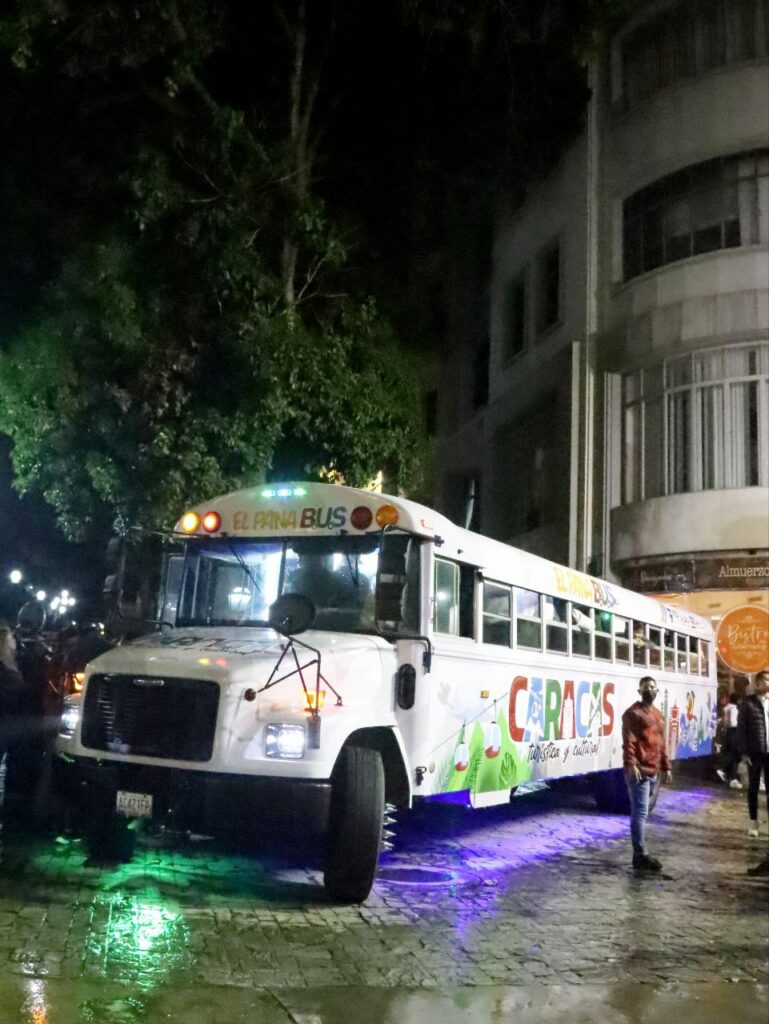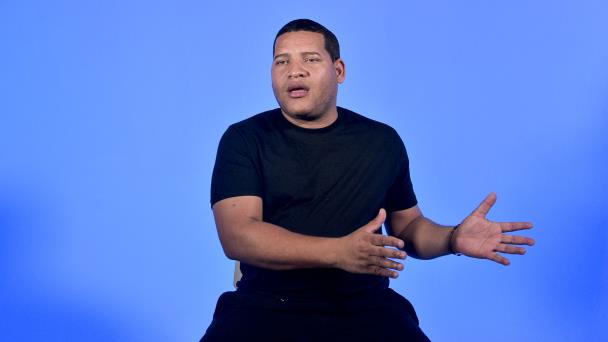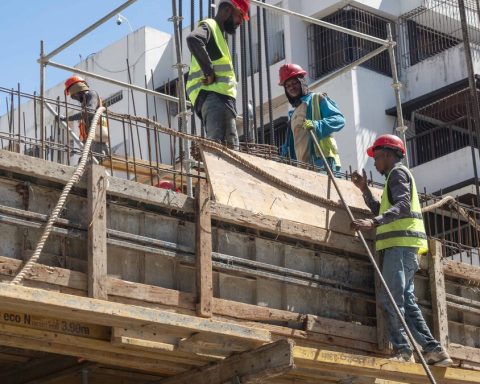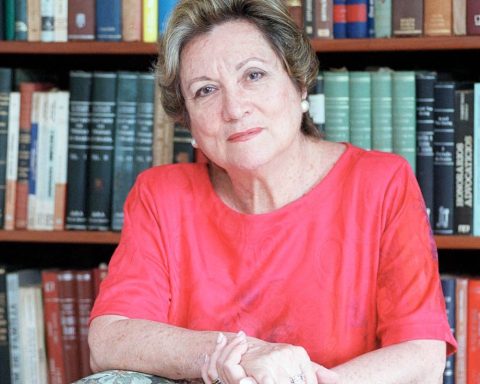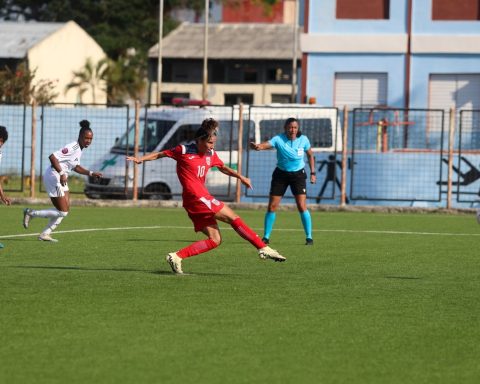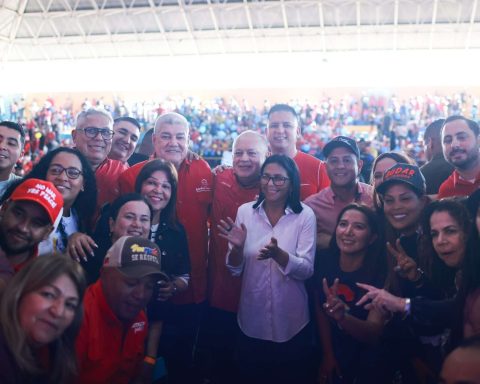The investigation into the former head of presidential custody, Alejandro Astesiano, focuses on a single prosecutorial team – led by Gabriela Fossati and also made up of Gloria Nicolini and Giuliana Realini – multiple lines of investigation. The triad of prosecutors, at times, becomes the head of an octopus that extends its various arms in different directions: falsification of documents, influence peddling, money laundering. The investigation is becoming more complex and there is incriminating evidence in many ways.
This week, the prosecutor Fossati made the first formal decision to be able to order some lines of investigation on the one hand and the rest on the other. She divided the case into two: the adulteration of items to obtain passports for Russian citizens will be investigated on the one hand, and the possible crimes in the “favors” that police officers did to Alejandro Astesiano on the other.
What is investigated?
Although it had already been investigated in previous years and had been closed due to lack of evidence, in January of this year the person in charge of the Security and Passports area of the National Civil Identification Directorate (DNIC), Juan Martínez, once again brought evidence to the Prosecutor’s Office that there were Russian citizens who were seeking to access Uruguayan passports illegitimately. He had detected that there were some differences in the birth certificates of these citizens that proved their link with Uruguay, which in reality was non-existent. With these adulterated documents they processed the passports.
As a result, a manager was identified – the Russian citizen Alexey Slivaev – who was the one who got the clients and put them in contact with the notary public Álvaro Fernández, who was the main person in charge of carrying out the paperwork. According to the prosecutor of the case Gabriela Fossati said in a hearing this Sunday that she witnessed The Observer, during 2013 and 2018 the adulteration of the items was made in Russia and presumes the endorsement of the ex-consul of Uruguay in Russia, Stéfano di Conza. He was charged with 14 crimes of fraud with 14 crimes of assumption of marital status. But there are more diplomats under scrutiny.
Alejandro Astesiano, the former presidential custodian, was the one who had contact with public officials and, according to Fernández, was in charge of “hurrying up” the procedures.
The phones of Fernández, his wife Patricia Medina, Slivaev and Astesiano are in the possession of the prosecutor’s office and are being analyzed. As a result of the analysis of Astesiano’s chats, a parallel investigation was opened -this decision was made this week- that investigates his “ties” with public officials for other issues and possible favors that had been given outside the framework of the investigation. law.
For example, the prosecutor Fossati read two messages in which she asked the number two of the Police, Héctor Ferreira, to send patrolmen to a private event that he had organized and to “hold” a position in the Police School for the daughter of a colleague from the Presidency who needed to take a subject to be able to enter.
The Prosecutor’s Office discovered that Astesiano had several properties although they were not under his ownership, but in the name of front men: some apartments, a nightclub and a security company, among other companies. They investigate the origin of the funds with which he acquired those assets and if he manages to prove that they were the result of the criminal activity of the custodian, they can also charge him with money laundering. The same is true of Slivaev and Fernández, who are being investigated for the purchase of two apartments on Cerrito street.
Who are charged and why?
The first defendant was the Russian citizen Roman Karpov, who was the one who was arrested while trying to obtain a passport. The criminal offense was the use of a document with a false certificate with a crime of assumption of marital status. After him fell Slivaev and Fernández, who could be tied, at least in the first instance, directly to the maneuver.
When the WhatsApp messages from Fernández began to be analyzed, messages with Alejandro Astesiano were identified that left the former custodian in a compromised position, who offered contacts with officials in strategic positions. That is why he was arrested as soon as he returned from Costa Rica, the destination to which he had traveled with President Luis Lacalle Pou.
In the case of Slivaev, Fernández and Astesiano, the crimes considered were assumption of marital status, criminal association and influence peddling.
A few days after the month of indicting Fernández, Fossati asked that his partner, Patricia Medina, be charged. As a result of the WhatsApp conversations, he indicated that the woman knew about her husband’s maneuvers and even she had interference. The prosecutor said that there are conversations from which it appears that, on occasions, she gave him orders.
Finally, last Sunday, the Justice formalized the investigation against Di Conza, who signed the documents with adulterated data. He was charged with 14 crimes of fraud with 14 crimes of assumption of marital status.
Who is being investigated and why?
Four police officers declared as investigated. The first to do so were Héctor Ferreira, deputy director of the National Police, and Henry de León, head of the General Directorate for Business Inspection (Digefe). Ferreira is being investigated for various “favors” that he did to Astesiano. In addition to those mentioned, La Diaria published another chat this week in which the deputy director promised that Intelligence would “vichara everything” to the ex-boyfriend of Astesiano’s daughter, who used gender violence against her.
The second batch of those investigated are the director of Intelligence, Claudio Correa, and the deputy executive director, Jorge Berriel. Correa is suspected of having deleted information from Astesiano’s phone. Berriel is also mentioned in various chats for some “favors”.
Photo: Leonardo Carreno.
What role does Lacalle play in this whole case?
The president stated from the outset that he never mistrusted Astesiano and that he was greatly affected by his arrest and subsequent formalization.
He is not named in the chats in any irregular attitude, but he was under scrutiny twice.
The first was when the ex-custodian was arrested and it was learned that he had an extensive file with more than 30 police inquiries, in addition to a conviction for fraud in 2014. Although due to the amount of time that had elapsed since the conviction, he had already returned to being a primary legal, the sentence was extinguished and he could get a certificate of good conduct like any person without a criminal record.
However, the president affirmed that before entering the government he had requested the file of all his custodians and that information was not available. At that moment they discovered that someone had de-indexed Astesiano’s ID from the Scientific Police and that is why it did not appear. For that reason there is an ongoing administrative investigation.
On the other hand, Fossati told this week The Observer that Astesiano’s cell phone was the property of the Presidency and that, in order to hand it over voluntarily, they made it a “requirement” for him to remove the chats with Lacalle Pou from the investigation.
The only published chat that mentions him is one in which representatives of the United Arab Emirates want to send him a gift of 454 kilograms of fish and treat him with Astesiano. In turn, on another occasion in which a leader from that country travels to Uruguay and intends to meet with the president, they ask the custodian to speed up the process.
Why did Delgado and Ferrés testify?
The Secretary of the Presidency, Álvaro Delgado, and the deputy secretary, Rodrigo Ferrés, testified on Tuesday as witnesses before Fossati. The intention was to shed light on the powers that Astesiano had in the Presidency. In turn, Delgado was named in the statement of other defendants, for example Fernández, who referred to two Russian citizens who entered the country with a pandemic with the authorization of the secretary.
What is relevant about the chats?
The most important chats are those that allow us to suspect a collusion between Astesiano and some police officers – such as the one that indicates a possible accommodation in the Police School and the one that speaks of Intelligence “viche everything” related to his ex-son-in-law.
Also those with the notary, who was the one with whom he had the most ties due to the issue of passports. Fernández once wrote to him: “We become millionaires.” But in other passages, he got angry and reproached the ex-custodian for his inaction: “Move because this is going to hell! Give me something concrete and give it to me now!!!! (sic)”
In the last week, La Diaria published WhatsApp conversations in which Vertical Skies (Lunacar SA), a company dedicated to providing security and risk management solutions, asked the former head of presidential custody, Alejandro Astesiano, to make two files of the senators of the Broad Front, Mario Bergara and Charles Carrera, after they presented the complaint for the concession of the port terminal to the company Katoen Natie. They allegedly paid the ex-custodian for that task.
The senators filed a criminal complaint with the Prosecutor’s Office and wanted her to be assigned to another shift, different from Fossati’s, but the prosecutor went ahead to summon them, so she will surely be the one to continue the investigation.
